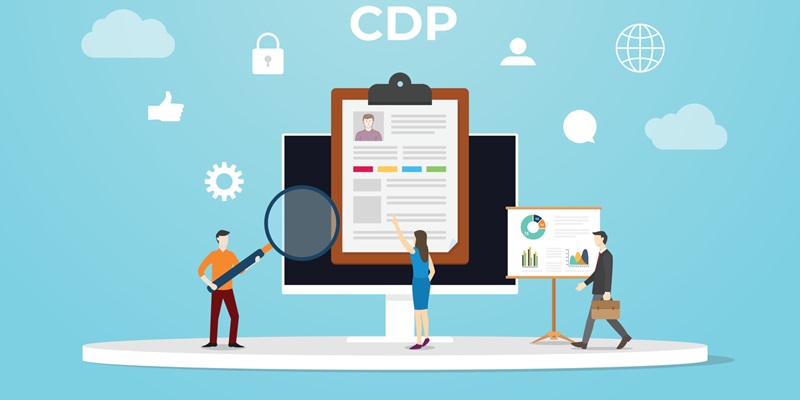The rapidly evolving landscape of Customer Data Platforms (CDPs) is compelling many enterprise brands to rethink their strategies for managing customer data, driven largely by a desire for more flexible and effective solutions. A comprehensive report by MessageGears and Hanover Research sheds light on this trend, revealing a notable decline in the preference for traditional packaged CDPs. The findings underline that around 56% of enterprises now favor a composable CDP approach when considering new solutions. This shift is not merely a passing trend but reflects a significant pivot in how companies aim to maximize the utility and impact of their data management systems.
Composable CDPs offer several advantages over their traditional packaged counterparts, primarily through their ability to integrate seamlessly with an enterprise’s existing data infrastructure. This integration translates into greater flexibility, enabling companies to adapt their data management systems to meet specific needs more effectively. From a cost perspective, composable CDPs tend to be more economical, allowing businesses to avoid the often substantial expense associated with purchasing and maintaining a one-size-fits-all solution. Performance-wise, the improved customization and scalability of composable CDPs mean that enterprises can handle larger volumes of data with greater efficiency, meeting consumer demands more promptly and accurately.
According to the report, a staggering 86% of enterprises using a composable setup expressed satisfaction, noting significant benefits in terms of operational efficiency and capacity to meet consumer demands. This satisfaction is not without merit, as the versatility of composable CDPs allows for various applications within a company. For instance, real-time customer engagement and personalization are cited by 40% of enterprises, highlighting the value of immediate, relevant interactions with customers. Cross-departmental collaboration is another crucial application, with 39% of enterprises using CDPs to break down silos and foster better communication and coordination across different areas of the business. Additionally, 38% of respondents noted that composable CDPs are instrumental in managing customer journeys, ensuring seamless and satisfactory customer experiences.
The Shift Towards Composability and Warehouse-Native Tools
The rapidly evolving landscape of Customer Data Platforms (CDPs) is compelling many enterprise brands to rethink their strategies for managing customer data, driven largely by a desire for more flexible and effective solutions. A comprehensive report by MessageGears and Hanover Research sheds light on this trend, revealing a notable decline in the preference for traditional packaged CDPs. The findings underline that around 56% of enterprises now favor a composable CDP approach when considering new solutions. This shift is not merely a passing trend but reflects a significant pivot in how companies aim to maximize the utility and impact of their data management systems.
Composable CDPs offer several advantages over their traditional packaged counterparts, primarily through their ability to integrate seamlessly with an enterprise’s existing data infrastructure. This integration translates into greater flexibility, enabling companies to adapt their data management systems to meet specific needs more effectively. From a cost perspective, composable CDPs tend to be more economical, allowing businesses to avoid the often substantial expense associated with purchasing and maintaining a one-size-fits-all solution. Performance-wise, the improved customization and scalability of composable CDPs mean that enterprises can handle larger volumes of data with greater efficiency, meeting consumer demands more promptly and accurately.
According to the report, a staggering 86% of enterprises using a composable setup expressed satisfaction, noting significant benefits in terms of operational efficiency and capacity to meet consumer demands. This satisfaction is not without merit, as the versatility of composable CDPs allows for various applications within a company. For instance, real-time customer engagement and personalization are cited by 40% of enterprises, highlighting the value of immediate, relevant interactions with customers. Cross-departmental collaboration is another crucial application, with 39% of enterprises using CDPs to break down silos and foster better communication and coordination across different areas of the business. Additionally, 38% of respondents noted that composable CDPs are instrumental in managing customer journeys, ensuring seamless and satisfactory customer experiences.

